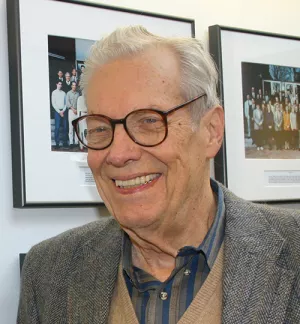As France greeted the fifteenth year of the nuclear age with the explosion of her first atomic bomb, the nuclear club expanded for the first time in nearly eight years. Without international agreements or a display of national self-control uncommon to these times, admissions will come with much greater frequency. Today the smaller powers, the twenty-odd nations that by their own efforts could gain admittance to the club within another eight years, await their inevitable rendezvous with Mephistopheles. The magical power can be theirs, but they are haunted by the uncertainties of the exchange. It is with the question of the desirability of the smaller powers' possessing nuclear arms, and the alternatives they have if the temptation is denied, that this article will be chiefly concerned. The issues are viewed both from the standpoint of the smaller powers and the strategic position of the Western alliance.
The identification of the smaller powers cannot be exact but a useful approximation is available as a result of a study undertaken in 1958 by a small group of scientists working under the auspices of the American Academy of Arts and Sciences to determine the capabilities of nonnuclear nations for producing nuclear weapons. This group concluded in their report' that twelve nations (including France) were technically able to embark on independent, successful nuclear-weapons programs in the near future and that eight others could follow shortly. Of these twenty, six were members of NATO (Belgium, Canada, Denmark, France, Italy, The Netherlands, and West Germany), four were members of the Warsaw Pact (Czechoslovakia, East Germany, Hungary and Poland), five were other European nations (Austria, Finland, Sweden, Switzerland, and Yugoslavia), three were major Asiatic powers (Communist China, which is dealt with in a separate article, India and Japan), while standing alone in the Southern Hemisphere was Australia. At least six others should be ready to join this list a decade hence. These then are the Nth countries, those nations for whom nuclear-weapon capabilities can be secured by their own efforts. What will their choices be?
Doty, Paul. “The Role of Smaller Powers.” Daedalus, Fall 1960





